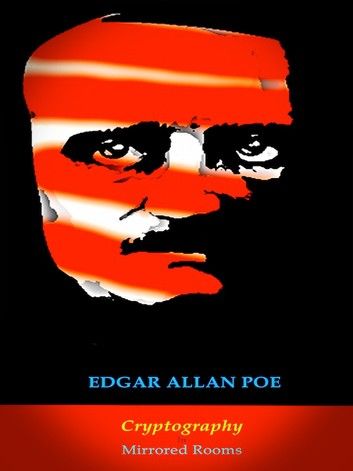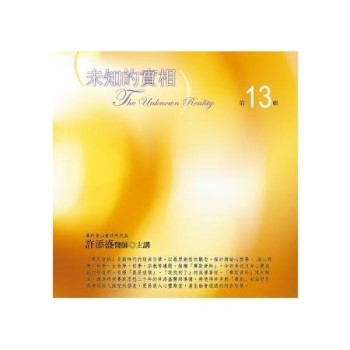| FindBook |
有 1 項符合
Edgar Allan Poe: Cryptography in Mirrored Rooms的圖書 |
 |
Edgar Allan Poe: Cryptography in Mirrored Rooms 作者:Edgar Allan Poe 出版社:Editions Artisan Devereaux LLC 出版日期:2015-04-19 語言:英文 |
| 圖書館借閱 |
| 國家圖書館 | 全國圖書書目資訊網 | 國立公共資訊圖書館 | 電子書服務平台 | MetaCat 跨館整合查詢 |
| 臺北市立圖書館 | 新北市立圖書館 | 基隆市公共圖書館 | 桃園市立圖書館 | 新竹縣公共圖書館 |
| 苗栗縣立圖書館 | 臺中市立圖書館 | 彰化縣公共圖書館 | 南投縣文化局 | 雲林縣公共圖書館 |
| 嘉義縣圖書館 | 臺南市立圖書館 | 高雄市立圖書館 | 屏東縣公共圖書館 | 宜蘭縣公共圖書館 |
| 花蓮縣文化局 | 臺東縣文化處 |
|
|
Edgar Allan Poe: Cryptography in Mirrored Rooms. Recently, questions have been raised about various themes that recur throughout a number of Poe’s masterworks: namely, the influence of his passion for cryptography, and the writings that grew out of them, such as The Gold Bug, and Eureka.
Some have theorized that cryptography serves not only as a template for the language, character and themes of much of Poe’s late fiction, but that his influence on cryptographers in general may have quite literally influenced the outcome of World War II and the developments of the Cold War, through the relationship between encoding and decoding.
Secrets and mysteries always appealed to Poe, and his interest in cryptography was probably further enhanced during his years in the US army, where cryptography and ciphers are part of military routine. His A Few Words On Secret Writing, his classic essay on cryptography, is first up in this compilation.
It is for the modern reader to determine if (and to what extent) cryptography plays a role in Poe’s masterworks The Gold Bug and Eureka, included herein, a small collection of prototypical works by the master, whose extravagantly macabre tales have inspired such latter-day disciples as H.P. Lovecraft, and Stephen King.
EDGAR ALLAN POE (1809-1849) has yet to be surpassed as the greatest practitioner of the classic horror tale. Since their first publication in the 1830s and 1840s, Poe's grotesque and sublime tales of mystery and madness have established themselves as classics of short fiction.
Poe takes his place as the first postmodern thinker, a precursor of such figures as Pynchon, Borges, and William Gibson.
—Errol Morris
|










